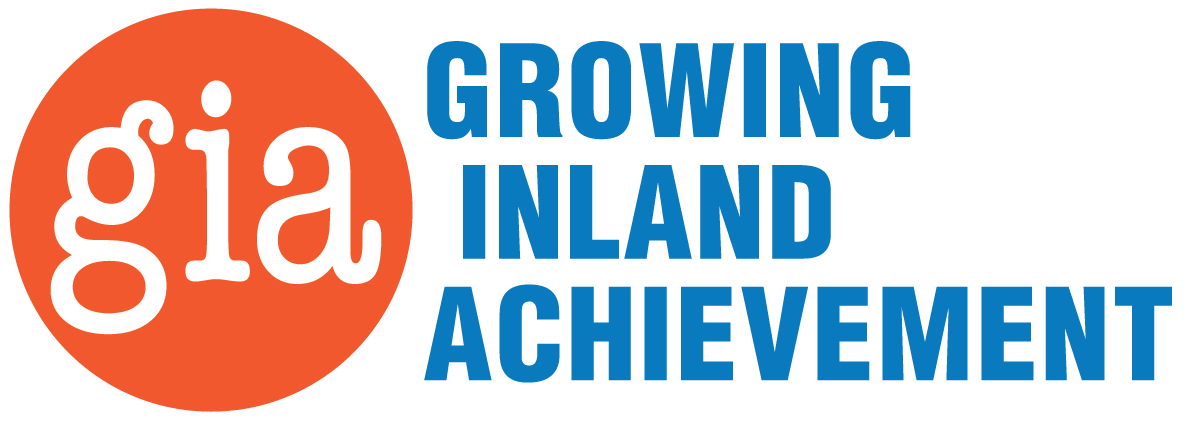The struggles with Federal Student Aid continue to be a problem from the Inland Empire to Washington D.C. On Tuesday, Education Secretary Miguel Cardona apologized for FAFSA delays and advocated for increased funding to investigate campus antisemitism. However, his responses left many Republicans frustrated. Representative Virginia Foxx, the North Carolina Republican who chairs the House Education and Workforce Committee, wasted no time in expressing her dissatisfaction with Cardona’s efforts so far.
The hearing covered various topics, including debt-relief policies that have forgiven billions in student loans. Foxx accused Cardona of presiding over a decline in educational attainment and institutional legitimacy, criticizing his lack of collaboration with the committee. This set the stage for a contentious hearing where Cardona defended his department’s policies. He emphasized the need for FAFSA reform due to the outdated system and reiterated that “hate has no place in our schools” regarding rising antisemitism on campuses.
In other FAFSA-related news, new data from the National College Attainment Network released last week, has shown a 2.7% increase in completion rates. However, concerning figures reveal that as of April 26, 2024, only 35.6% of high school seniors have completed the FAFSA compared to 48.2% at this time last year. Recent weeks have seen dramatic improvements in FAFSA completions, but many colleges are still bracing for enrollment declines.
May 9th was the convening of the GIA Equity in Policy Summit. Where local experts from across the Inland Empire joined together to discuss the creation of effective policies for equitable transformation in higher education, here in this region. I sat down with CEO & President of GIA, Ashish Vaidya to get his insights on how equitable policies can impact student experiences within higher education.
Ashish Vaidya (speaking): “It’s the little things that can make the difference between a student staying on track to graduate and or stopping out or dropping out for whatever reason. The policies and culture and operations of a university can really impact that in a big way. So I think it’s important for institutions and educators to look at policies from an equity lens to see what kind of impact they’re having on students, and whether or not they’re creating barriers to success.”
Ten-year-old Aubree Palmer continues to shine as a rising star in the world of filmmaking and entrepreneurship. Aubree recently claimed the judges’ choice for best video production in the “How To” category at the 2024 Beaumont Unified School District Film Festival. This isn’t her first win—last year, Aubree took home the top prize for the entire elementary division, inspiring her peers to participate and excel.
Aubree’s success has sparked a wave of creativity and participation across the district, leading to the creation of new divisions and categories for students to showcase their talents.
Congratulations to Aubree Palmer on her continued success—we can’t wait to see what inspiring endeavors she embarks on next!
And that’s this week’s GIA Education Report, I’m Alyssa Silva.

